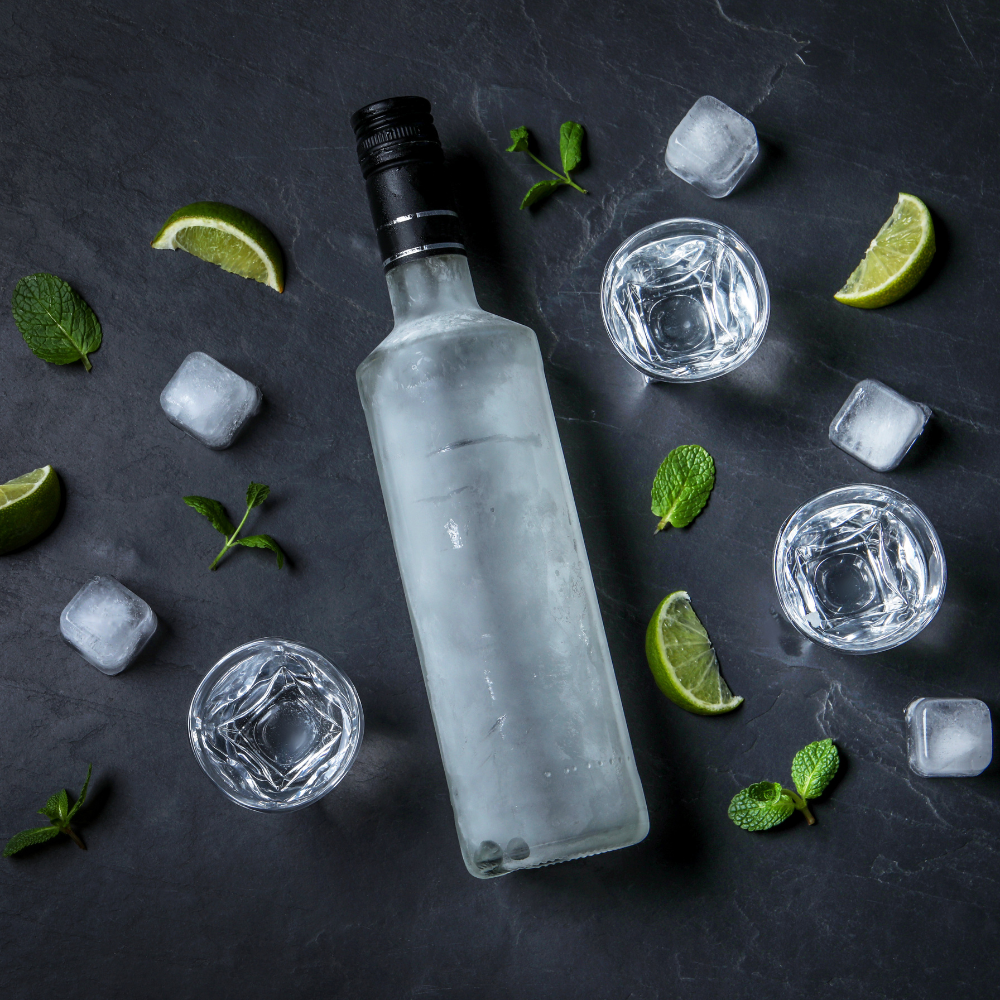Tequila tears: US tariffs threaten to drown Mexican distilleries
The heart of Mexico’s tequila country is beating with a nervous rhythm as US tariffs loom, threatening to disrupt the delicate balance of the agave-based spirit industry. From sprawling distilleries churning out thousands of liters to smaller, family-run operations crafting artisanal batches, producers are bracing for potential economic fallout that could ripple through the entire tequila value chain.
The proposed tariffs, targeting a range of Mexican imports including agricultural products, are in response to ongoing trade disputes. While the specifics fluctuate, the mere threat has sent shivers down the spines of tequila makers, who rely heavily on the US market for their sales. The United States consumes a significant portion of Mexico’s tequila exports, making it the industry’s most crucial customer.
“The US market is vital for us,” explains Miguel, a third-generation owner of a small distillery in the town of Tequila. “A tariff would make our tequila more expensive for American consumers, and they might choose other spirits. It would be devastating for businesses like mine.”
His concern is echoed by larger tequila producers, who acknowledge the potential impact on their bottom lines. While they have greater resources to absorb some of the costs, they also recognize the potential for decreased demand and the need to adjust their strategies.
“We are monitoring the situation closely,” says a spokesperson for a major tequila brand. “We hope for a resolution that avoids tariffs, as they would harm both Mexican producers and American consumers. We are exploring alternative markets, but the US remains our primary focus.”
The potential consequences of the tariffs extend beyond the distilleries themselves. Agave farmers, who cultivate the spiky succulent that forms the base of tequila, also face uncertainty. If demand for tequila drops, the demand for agave will follow suit, potentially leading to a price crash and hardship for farming communities.
“We depend on the tequila industry,” says Maria, an agave farmer who has been working the fields for over two decades. “If the distilleries suffer, we suffer. We are worried about the future.”
The ripple effect could also impact related industries, such as bottle manufacturers, packaging suppliers, and transportation companies, all of whom play a crucial role in getting tequila from Jalisco to bars and shelves across the US.
Beyond the immediate economic concerns, the tariffs also raise questions about the long-term health of the tequila industry. Producers worry that a decline in sales could discourage investment in new agave plantations, potentially leading to shortages in the future. They also fear that it could undermine their efforts to promote tequila as a premium spirit, distinct from other alcoholic beverages.
“We have worked hard to build the reputation of tequila as a high-quality product with a rich cultural heritage,” says a representative from the National Chamber of the Tequila Industry. “These tariffs threaten to undo all of that progress.”
While tequila makers are hoping for a diplomatic solution to the trade dispute, they are also preparing for the worst. Some are exploring ways to diversify their export markets, focusing on regions like Europe and Asia. Others are looking to cut costs and streamline their operations to remain competitive. Many smaller producers, however, fear they lack the resources to weather the storm.
“We don’t have the same flexibility as the big companies,” says Miguel. “We are worried about surviving if these tariffs go through.”
The situation has created a sense of unease and uncertainty throughout the tequila industry. While producers remain optimistic that a resolution can be found, they are also aware of the potential for significant disruption. The future of tequila, a spirit deeply intertwined with Mexican culture and heritage, hangs in the balance.










